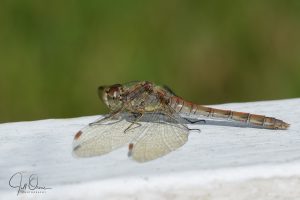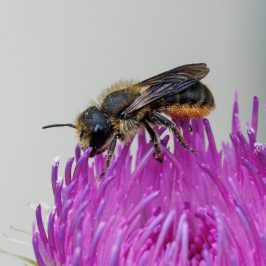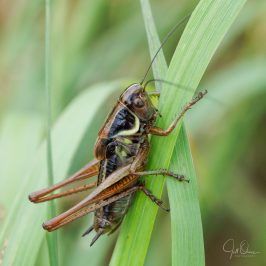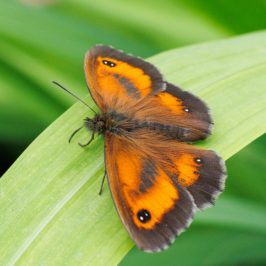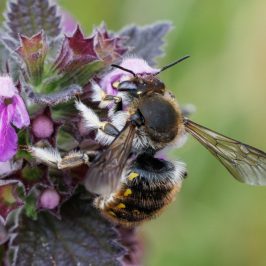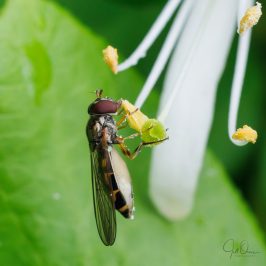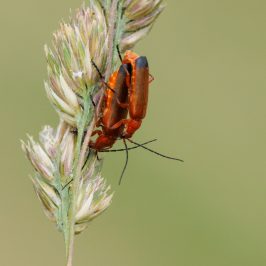I went to Croome this afternoon, where normal service has been resumed to the extent that if you’re feeling lucky (punk), you can chance turning up without a booking, and if they’re not too busy they’ll let you in. Rather than checking you in at the gate, they’re now operating a makeshift reception system out of an old war-time YMCA tea van in the car park, and the volunteer who scanned my membership card there told me with understandable excitement that they were about to open the house to visitors for the first time in seven months.
I didn’t go to the house though, because I was – of course – after dragons, and the lake was busy with Migrant Hawkers and Common Darters, allowing me to resume my own version of normal service after yesterday’s jewellery fartnarklery. The dragons and I all needed to make the most of a lovely warm and sunny afternoon, because it could be our last chance to be out and about for a while: the weather is forecast to be very poor for the next few days, and we’ll be stuck in our roosts until it improves.
I couldn’t decide between the two photos here, so rather than spend half the night mithering over them, I’ve chosen to post them both. The main image is, of course, a male Migrant Hawker, incoming across the lake and smiling winsomely at me as he approaches. The extra is a female Common Darter, resting on the handrail of one of the metal bridges; you can see that she’s Common by the pale stripes on her legs, and that she’s female by the shape of her anal protruberances – she has two separated cerci, rather than the “pig’s trotter” claspers of a male. The projection underneath her abdomen is called the vulvar scale, and is the place from which she ejects her eggs, as she dips the end of the abdomen just below the surface of shallow water. Her colouring is also an indicator of her sex, but it shows her age too: in her prime she would have been mainly ochre, but now she’s at the stage that’s rather impolitely described as “over-mature” (aren’t we all?), with a dull brown abdomen that’s beginning to take on some of the red colouring of a male.
After a happy hour or so with the dragons down at the lake, I was walking back towards the house along the side of the river, when I spotted a little grebe – a bird I’ve never seen at Croome before. The instant I lifted the camera it skittered away into the nearest reed bed, so I can’t claim the sighting, but I was pleased to be reminded that it will be possible to see interesting wildlife at Croome even after the dragonfly season closes.


